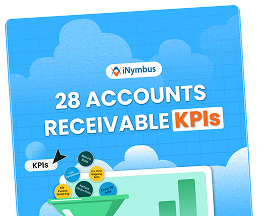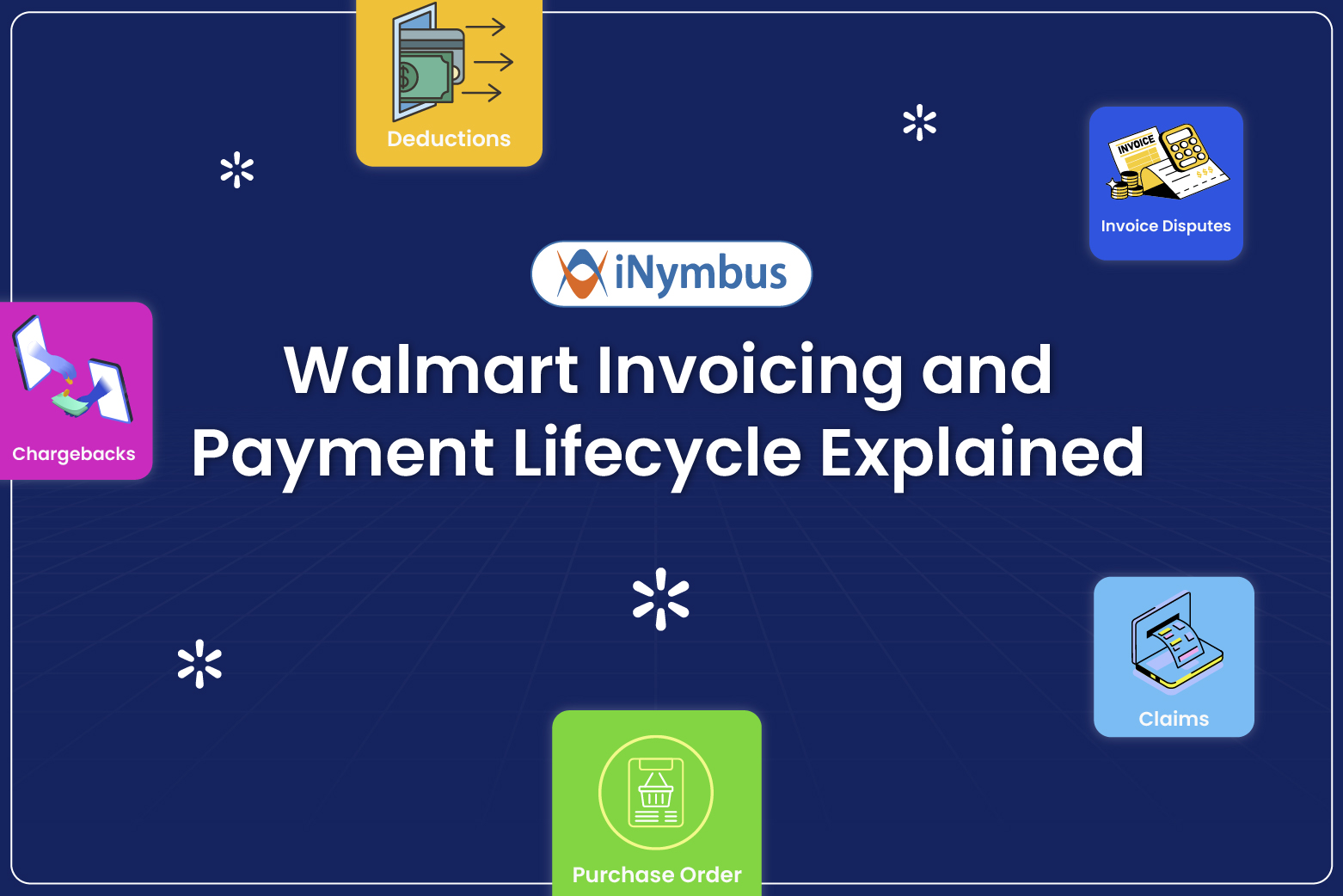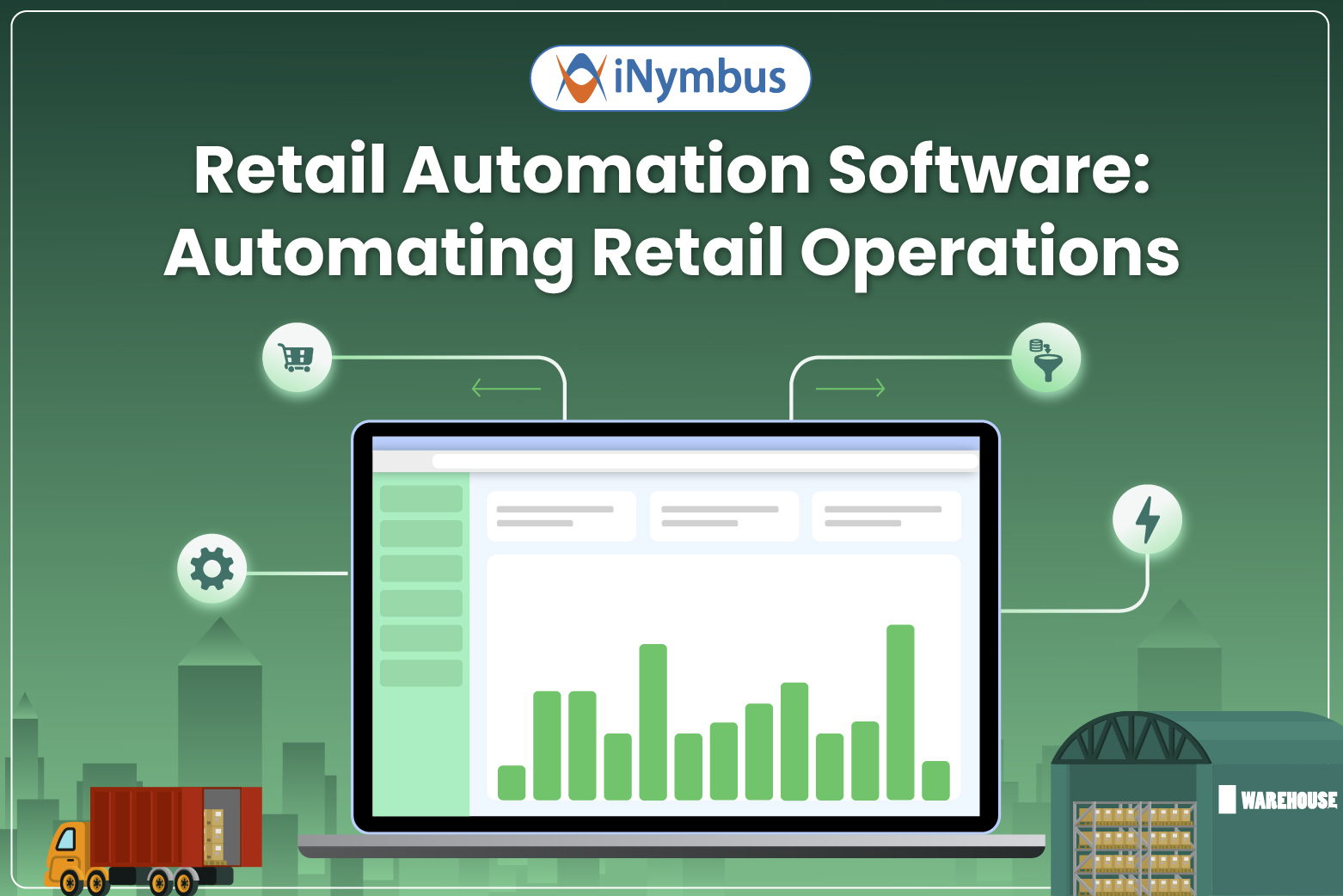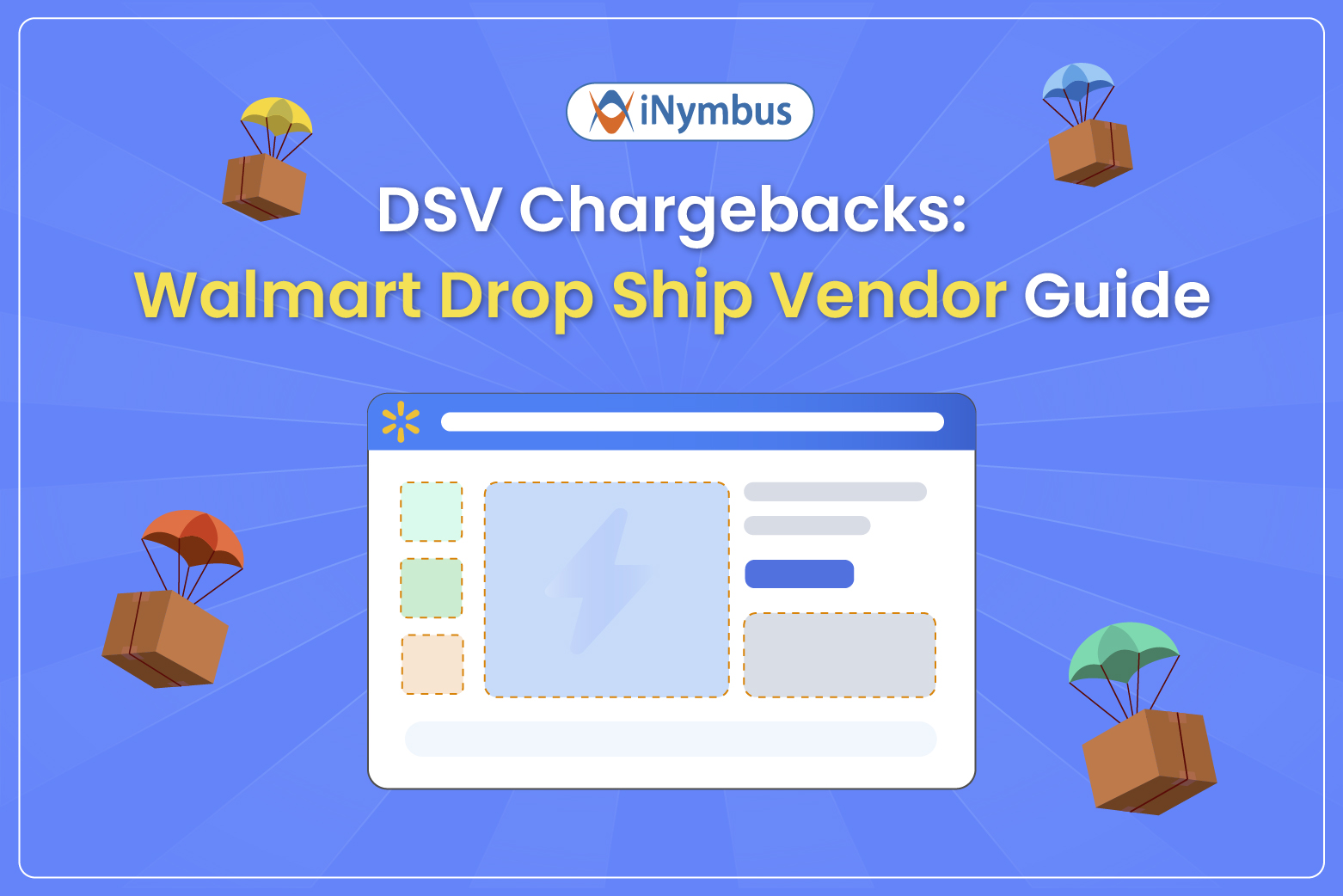CVS Health has issued an important update to its Accounts Payable and Dispute Resolution Policy, effective October 24, 2025. The update changes how suppliers must submit shortage disputes for CVS warehouse locations.
Effective immediately, CVS will not accept shortage disputes unless a valid signed Proof of Delivery (POD) is included. This change is intended to reduce incomplete and invalid claims and to allow faster and more accurate dispute processing by the CVS Accounts Payable team.
Key Points of the New Policy
CVS will only review shortage disputes that include a signed POD confirming delivery. Submissions without this documentation will be denied automatically.
Dispute Timeframes
- Prepaid shipments: Disputes must be submitted within 18 months of the signed POD or receipt date.
- Collect shipments: Disputes must be submitted within 9 months of the signed POD or receipt date.
- Older disputes: Any dispute more than 2 years from the payment date will not be accepted.
Proof of Delivery Requirements
- Only CVS-signed PODs are accepted.
- STC-signed PODs are not valid.
- Vendors must obtain the signed POD directly from their carrier. The carrier may request it from the CVS Distribution Center.
- Before raising a dispute, suppliers should confirm that no shortages were noted on the POD.
Duplicate Disputes
If a supplier raises a duplicate dispute without providing new or corrected documentation, the dispute will be denied and closed.
Non-Compliance Consequences
Failure to follow CVS policy may result in a $25 administrative charge per dispute and possible suspension of access to the CVS Vendor Portal.
CVS and Carrier Responsibilities
According to the CVS Routing Guide, each CVS Distribution Center is responsible for acknowledging receipt of merchandise by signing the delivery paperwork and reconciling it against the packing list. CVS provides copies of this signed paperwork for the carrier to pick up after the delivery is completed.
Carriers are responsible for ensuring that this documentation is collected and made available to their vendors.
- For live deliveries, carriers must pick up the signed paperwork at the end of the appointment. If the paperwork is not available, they must contact the Distribution Center to request it by email.
- For drop deliveries, carriers must take STC paperwork when dropping the load and pick up the signed and reconciled paperwork when retrieving the trailer.
- Carriers must make these signed documents available to their vendors, as STC paperwork alone is not valid proof of delivery.
Vendors are expected to request POD copies directly from their delivery carriers. This process applies to all delivery types, including both vendor-managed (prepaid) and CVS-managed (collect) freight. CVS retains copies of all delivery paperwork but is not required to provide them to vendors.
Purpose of the Policy Update
CVS has implemented this policy to prevent unnecessary shortage disputes and improve accuracy in supplier communications. The signed POD serves as the official record of delivery and helps CVS confirm that product shortages are valid before processing claims.
This policy is consistent with the CVS General Supplier Policy and the CVS Routing Guide, which outline clear expectations for documentation and dispute timelines.
References:
How iNymbus Supports CVS Suppliers
The new POD requirement adds complexity for suppliers, especially for those handling high volumes of CVS transactions. Managing POD retrieval, verification, and timely submission manually can be challenging and time consuming.
iNymbus helps suppliers remain compliant and efficient through automation.
How iNymbus Handles CVS POD Requirements
- Automated POD Collection: The iNymbus system automatically retrieves signed PODs from carrier systems or internal databases to ensure each dispute includes proper documentation.
- Validation Before Submission: The platform verifies the POD details and confirms that shortages were recorded before the dispute is filed.
- Deadline Monitoring: Automated tracking ensures that disputes are filed within CVS’s required timeframes for prepaid and collect shipments.
- Direct CVS Portal Submission: iNymbus integrates with the CVS Vendor Portal to submit disputes and required documents directly, minimizing manual entry and error.
- Real-Time Tracking: The system provides visibility into dispute status, review progress, and any required follow-up actions.

Conclusion
The updated CVS shortage dispute policy emphasizes accuracy, proper documentation, and compliance. Suppliers that adapt quickly will experience fewer denials and faster resolution times.
By using iNymbus automation, suppliers can manage CVS deductions more effectively, stay compliant with policy changes, and prevent revenue loss from missed or invalid disputes.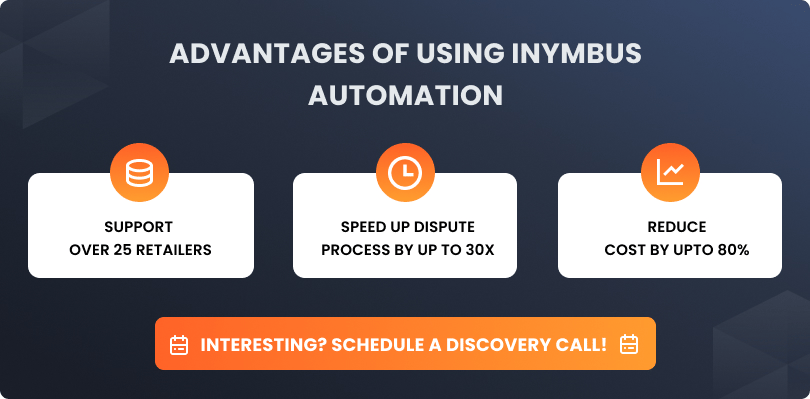
.jpg)
